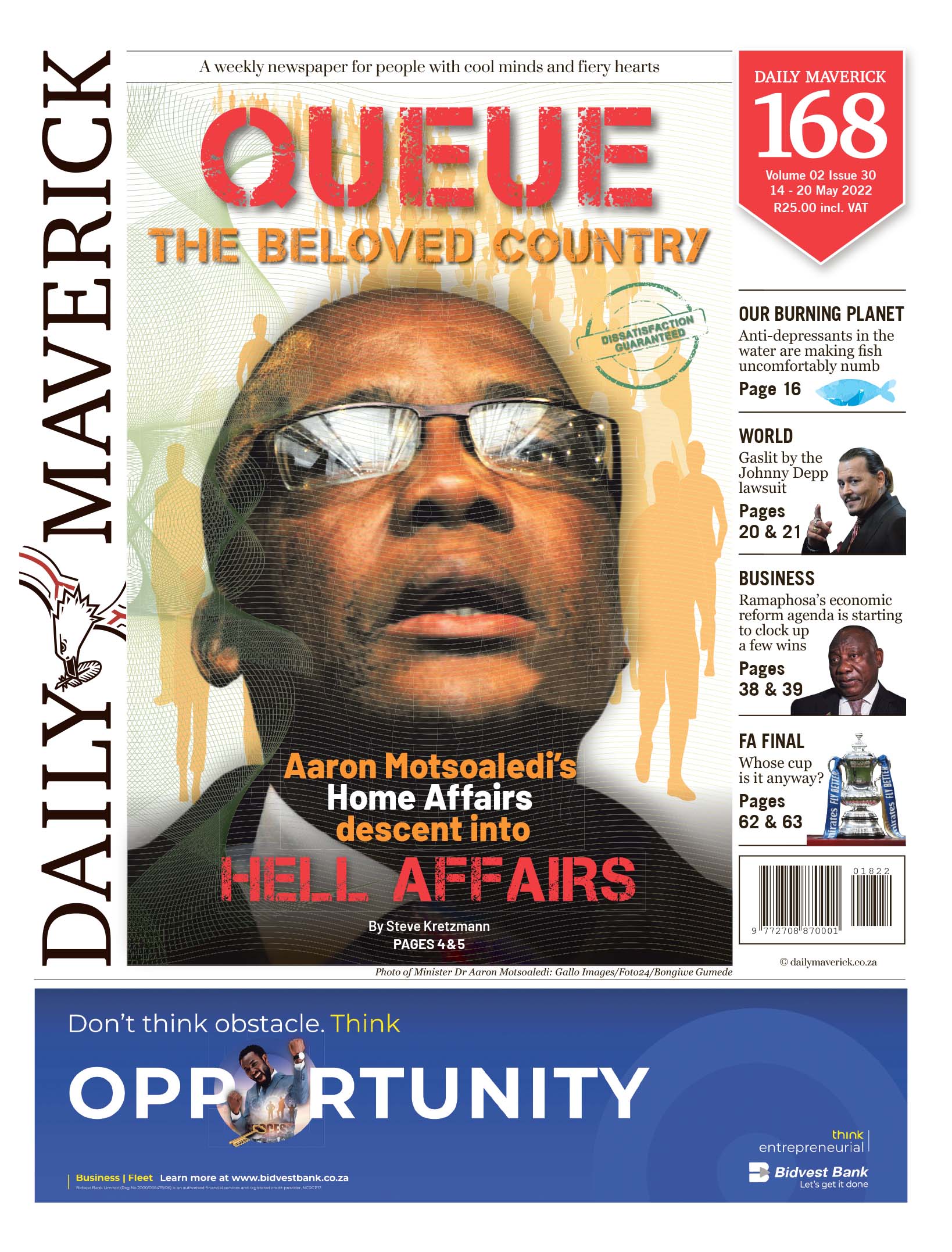Other digital assets are under similar pressure. Bloomberg’s Galaxy Crypto Index, which measures the largest US dollar-traded cryptocurrencies, is down about half from highs in November wiping out $1.6-trillion of value, according to CryptoCompare.
Spare a thought for “El Hodlador”, or President Nayib Bukele of El Salvador, who has famously been trading Bitcoin on his personal smartphone, using public funds, buying about $71-million worth. Bloomberg says his trading has lost much of this, hurting the fiscus and exasperating taxpayers.
Other corners of the crypto world show even more stress. Sales of non-fungible tokens (NFTs) have crashed in recent months, with the data website NonFungible saying they are down 92% from a 2021 peak of 225,000 sales a day to 19,000.
The “stablecoin” TerraUSD that is meant to keep value at $1 has crashed to 69c, causing a flood of investors to sell their holdings. As much as $18-billion was invested in TerraUSD as recently as last weekend, making it the third largest stablecoin.
Echoes of the 2008 moment when Reserve Primary money-market fund “broke the buck” and traded under $1 after the collapse of Lehman Brothers are unmistakable.
It was not meant to be this way. Cryptocurrency acolytes have long argued that it serves as the ultimate inflation hedge. Years of quantitative easing and “money printing” by the US Federal Reserve and other central banks, were meant to lead to surging inflation. Bitcoin was argued to be the best way to defend against rising prices due to capped supply. Written into the blockchain was a limit on the number of Bitcoins in circulation, supposedly ensuring that as demand accelerated so would value.
Crypto devotees were right about one thing: inflation. Prices in the US, Europe and the UK are rising at their highest rate in four decades. But the performance of cryptocurrencies has been the opposite of what was meant to happen. Instead of holding value in the face of inflation they have been decimated, even underperforming equities and bonds. That US Treasuries (down 22% this year) have beaten crypto is astonishing. Theoretically, in the face of inflation, bonds should be the hardest hit asset class.
The theory that Bitcoin functions as a kind of electronic gold has been debunked. Gold has done what would be expected in inflationary times – maintained value – its mooted electronic counterpart has done the opposite.
Why this happened is simple. Investors have rushed out of risky, speculative assets after a wave of interest rate hikes by central banks. It was precisely the years of easy money – monetary and fiscal in the form of cheques dished out to Americans in the pandemic – which fuelled the boom in this electronic asset. The first bout of inflation caused by free money was, ironically, that of the asset price inflation of an asset sold as an inflation hedge: crypto.
As pandemic-induced liquidity taps close and waves of easy money drain away, risky assets such as crypto and shares in loss-making tech companies have sold off. Correlation between Bitcoin and Nasdaq has hit highs, with the cryptocurrency trading in line with the tech-heavy index. With interest rates rising fast, investors can get reasonable returns in risk-free government bonds making speculative bets less attractive. Some traders term it a “shitco reckoning”.
Cryptocurrencies are starting to resemble less of an inflation hedge and more a Ponzi scheme or a Web 3.0 casino for blind speculation. But the technology that underpins it, such as blockchain, is being applied to everyday, mainstream, use – and will increasingly be adopted. DM168
This story first appeared in our weekly Daily Maverick 168 newspaper, which is available countrywide for R25.


















 Become an Insider
Become an Insider
The only surprise is the surprise.
The link on the contents page is incorrect – it should link to the Justin Nurse article, not this. one.